Blogger Feature: Madh-Mama
Alexandra Madhavan calls herself Firangi Bahu, which is Hindi for “Foreign Daughter-in-law“.
What inspired you to write your blog? How did you meet your husband?

I met my husband in college in the USA when we were both international students – and it was an instant attraction, chemistry and a stroke of destiny. We started out as friends first, and it took him forever to make a move! He was more concerned about being a gentleman. We were engaged soon after and then we were on a flight to India. It has been a wild ride!
I first started my blog after my daughter was born and I had a lot of downtime at home, being on maternity leave at the time. Originally, I wanted to document my experience of motherhood but then my writing morphed into a lot of intercultural topics. I also felt a bit lonely in the intercultural journey since we didn’t know any other couples like us. Subconsciously, I think I set out to find others like us who are in mixed marriages.
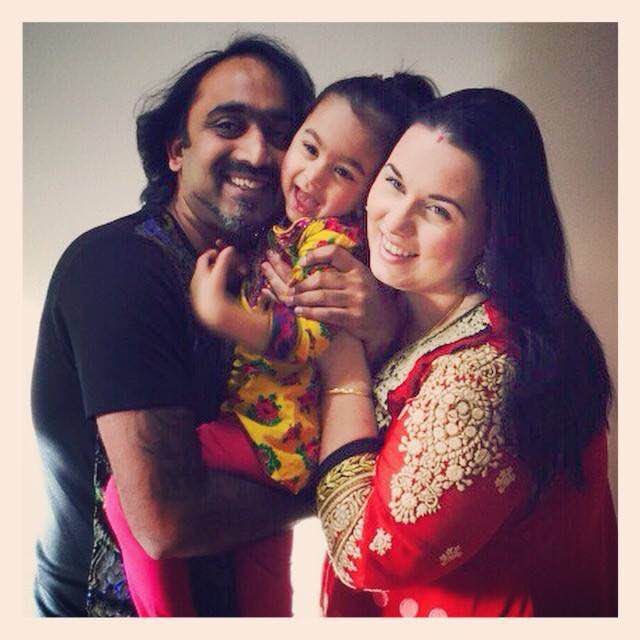 Tell us about ‘Madh Mama’
Tell us about ‘Madh Mama’
The main focus of my blog is to document our every day life – how we blend our distinct cultures – in little ways and big ways. So many people thought we couldn’t possibly live between these two diverse worlds and cultures – but we do every day. I also wanted to document how we are raising our daughter while honouring her rich cultural heritage (she is Tamil, Telugu, Russian, Irish and French).
How do you balance cultural expectations as a mom in a mixed marriage?
As woman, as a mother, and as an Indian’s wife – there are great expectations. It’s a triple whammy – it’s not easy. Sometimes the pressure gets to me. As an Indian wife, I am seen as the keeper of traditions and many of the customs are so complicated and multi-layered that I fear that I will never understand them. Also, my Indian family has had a hard time explaining traditions to me. For them, it is automatic. They have never had to explain it before. I have learned the most by observation and by doing my research, and I am still learning. I only hope I am doing a good job!
You’ve mentioned in your blog, “In my experience with my husband’s family & the process of attempting to blend into such a strong and dominant culture, I often find myself feeling either very visible or completely invisible. Can you explain this a bit to us?
I am essentially voiceless in family gatherings and feel quite steam rolled. If any question is asked to me, it is usually asked to my husband and then he answers it for me.
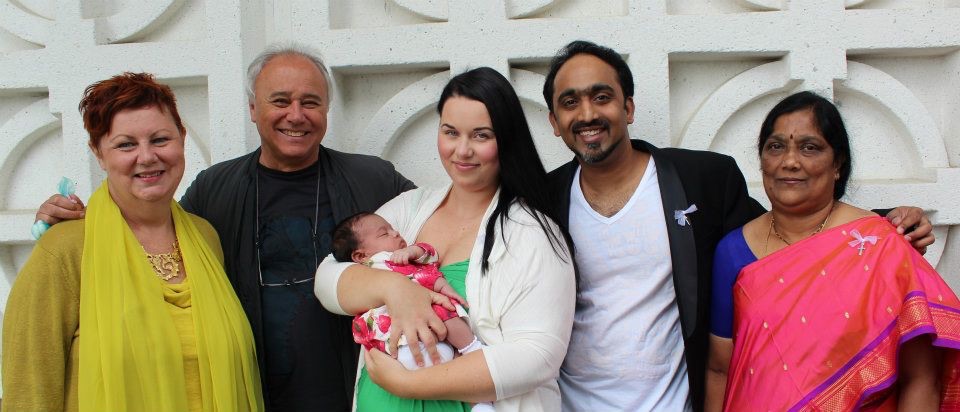
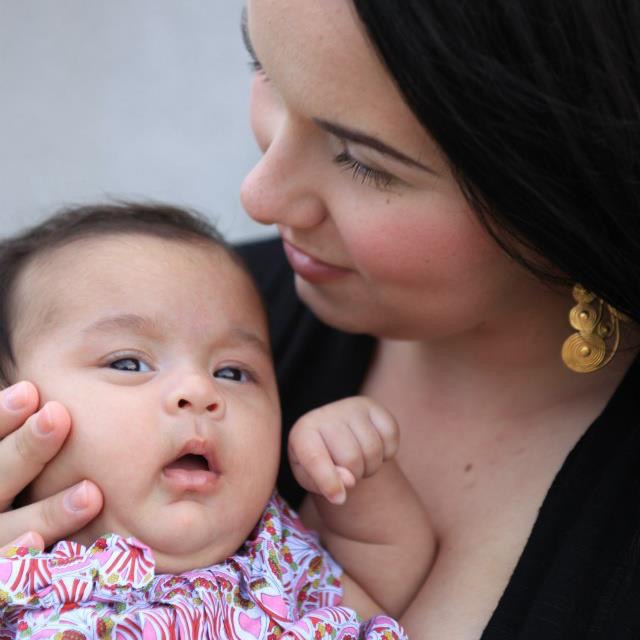 hen I showed the top 6 names to my favourite aunty (who I was named after) and she selected the name. It worked out perfectly! It turned out our daughter’s name – Maya – is a global name.
hen I showed the top 6 names to my favourite aunty (who I was named after) and she selected the name. It worked out perfectly! It turned out our daughter’s name – Maya – is a global name.We never really had big cultural differences in the 6 years before having kids. I think once you become a parent, the way you raise your child is solely based on your cultural and familial experiences. Plus, as parents we will do things differently with him being a man, and me being a woman.
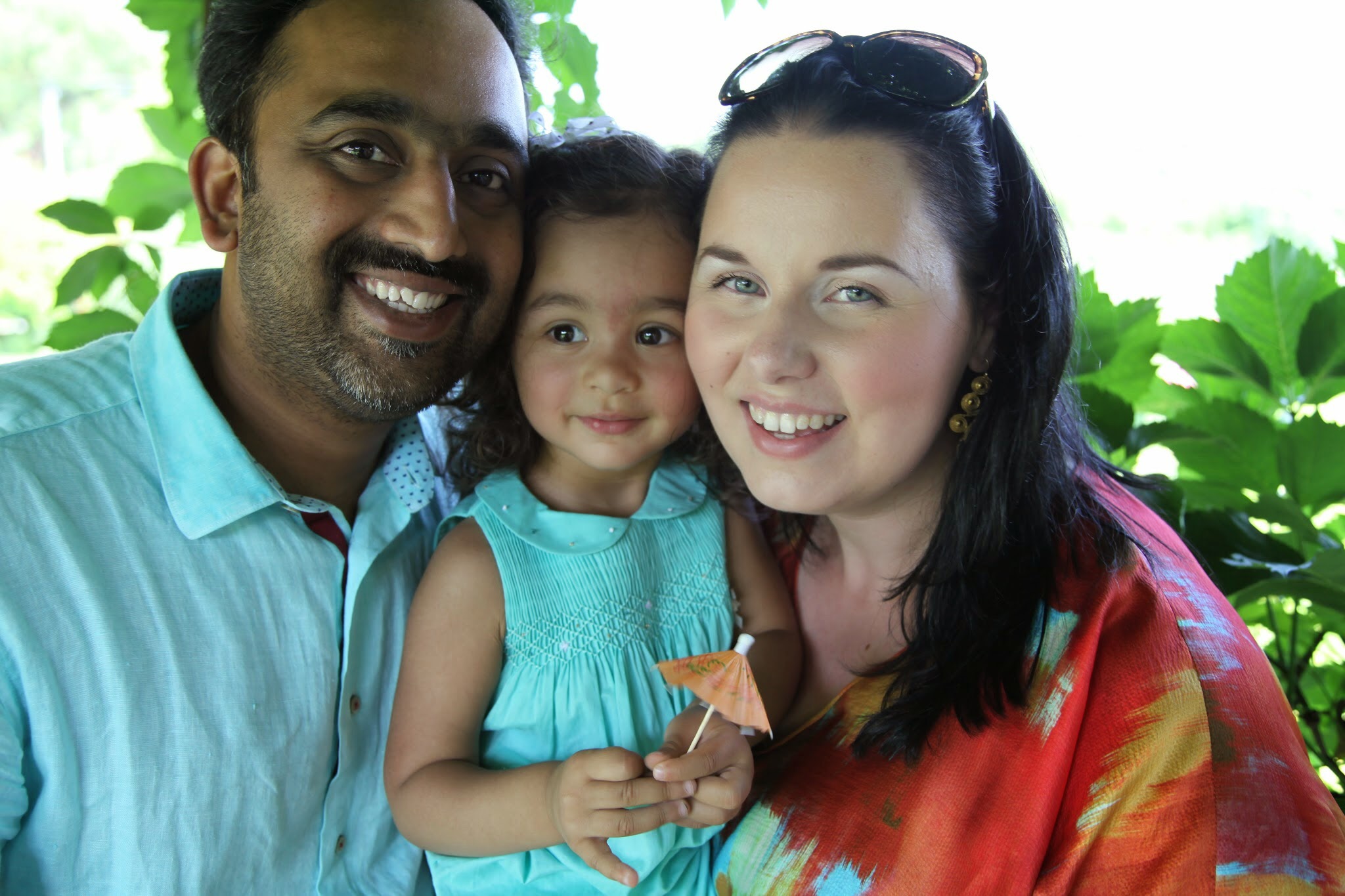 What are some of the things you loved most?
What are some of the things you loved most?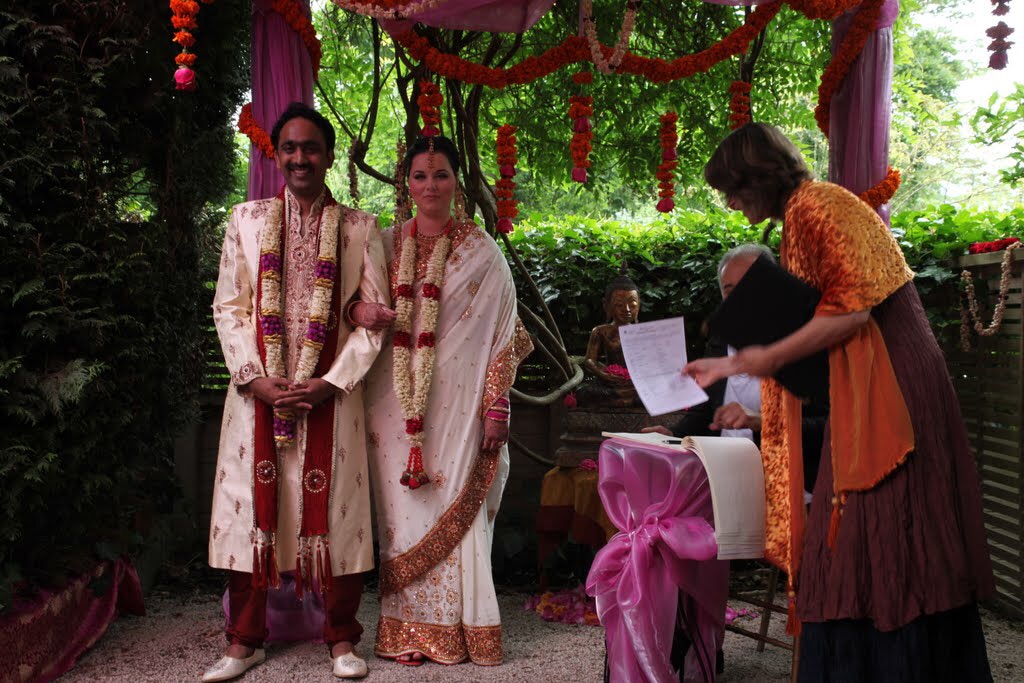


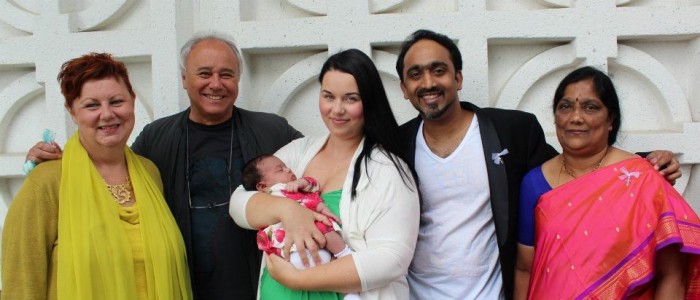
Amazing interview, it was a pleasure for me to read the story of Alexandra!